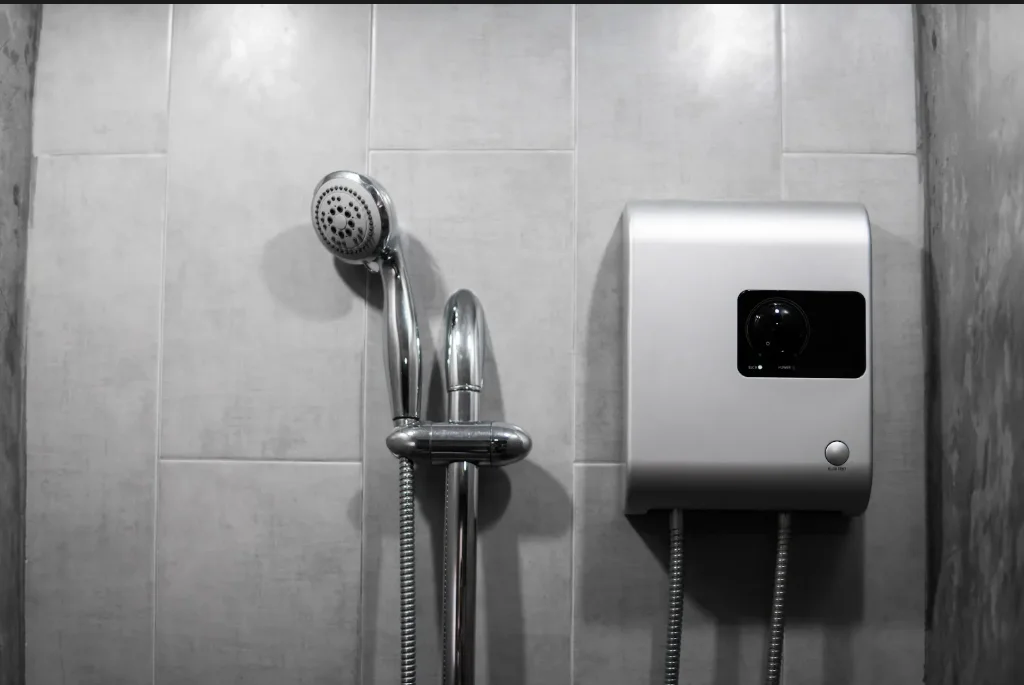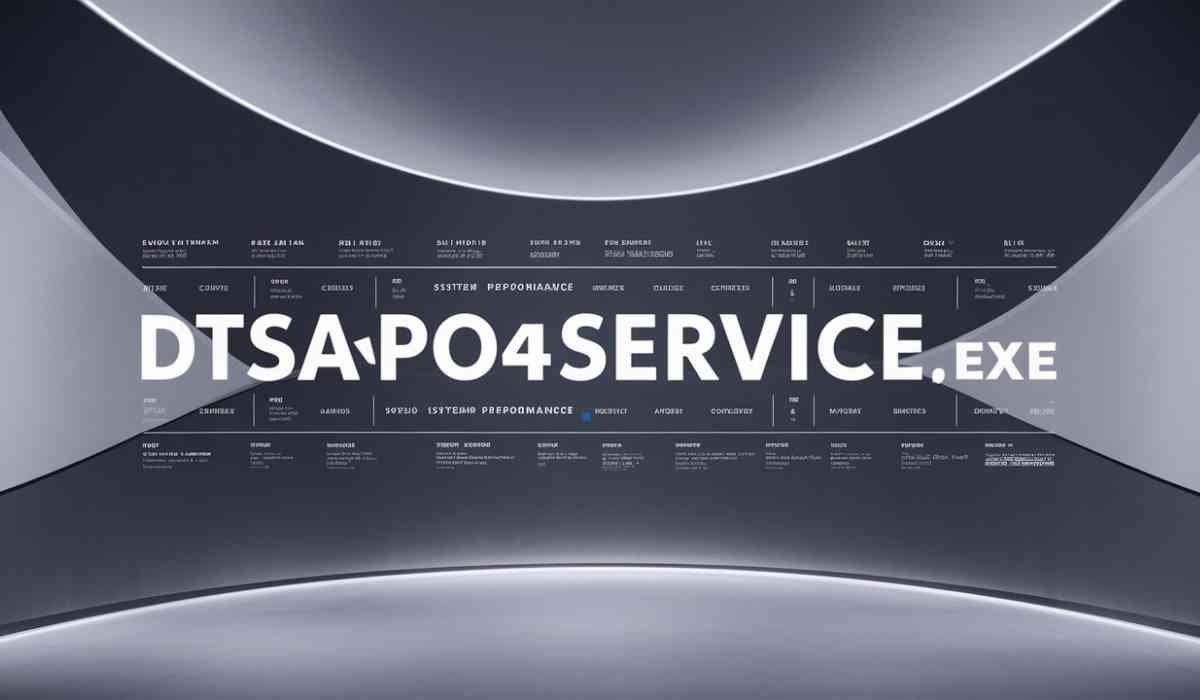Small homes require smart solutions, and a tankless water heater is one of the best ways to free up space while improving efficiency. Unlike traditional models, these compact units provide hot water on demand without the need for bulky storage tanks.
Here, an expert in water heater repair in Surprise, AZ, shares maximizing tips in small spaces, starting with having a tankless water heater installed.
Comparing Tankless to Traditional: A Side-by-Side Analysis
A tankless water heater is significantly smaller and more energy-efficient than traditional storage tank models. Using this type of water heater is a great way to reduce water waste.
- Space-Saving: Tankless units mount on walls, freeing up floor space.
- Energy Efficiency: On-demand heating means less standby energy loss.
- Lifespan: Tankless models can last up to 20 years, compared to 10-15 years for traditional heaters.
- Higher Initial Cost: While the upfront cost is more, long-term savings make up for it.
DIY vs. Professional Installation: What to Consider
Choosing a tankless model for a water heater replacement is smart, but its installation is anything but straightforward, and incorrect setup can lead to irreversible problems. Professionals can conduct installations properly while making sure it is compliant with local codes.
- DIY Considerations: Requires plumbing knowledge, and specialized tools, and may void warranties.
- Professional Installation Benefits: Promotes safety, optimal performance, and regulatory compliance.
- Gas vs. Electric: Gas models need venting, while electric ones are easier to set up.
Sizing Your Tankless Unit: How to Choose the Right Capacity
Water flow and efficiency issues are prevented when you choose the right size water heater. Take into account factors like household size and usage frequency as they play a role in what size of water heater you should purchase.
- Calculate Peak Demand: Determine how many fixtures will run hot water simultaneously.
- Flow Rate Needs: A single-bathroom home may need 3-5 GPM (gallons per minute), while larger households may need 7+ GPM.
- Fuel Type Impact: Gas models tend to provide higher flow rates than electric ones.
Troubleshooting Common Issues: Quick Fixes for Tankless Problems
Occasional issues can arise despite the reliability of tankless water heaters. Knowing how to troubleshoot common problems can save time and money.
- No Hot Water? Check power, gas supply, and flow rate settings.
- Fluctuating Temperatures? Clean filters and descale the unit if needed.
- Error Codes? Consult the manual for troubleshooting steps or call a professional.
Environmental Impact: The Sustainability of Tankless Systems
Tankless water heaters are great options for small homes and the environmentally conscious. Unlike storage models, they can help reduce energy consumption and lower carbon footprints by only heating water as needed.
- Lower Greenhouse Gas Emissions: Uses only the energy required at the moment.
- Water Conservation: Less waste is produced compared to traditional heaters.
- Eco-Friendly Materials: Some models use recyclable components.
Long-Term Cost Breakdown: Calculating Total Savings
Although tankless water heaters have a higher initial cost, they offer long-term savings. Energy efficiency, fewer repairs, and longer lifespans contribute to cost reductions.
- Lower Utility Bills: Uses 24-34% less energy than traditional models.
- Fewer Repairs: No tank means no risk of leaks or sediment buildup.
Warranty Information: What You Need to Know
Are you having trouble understanding your warranty coverage? A good grasp of this helps you make the most of your investment. Most manufacturers offer warranties between 10-15 years.
- Parts vs. Labor: Be sure to inspect your warranty closely as some cover only specific components.
- Regular Water Heater Maintenance: You may be required to invest in annual maintenance to keep the warranty valid.
- Registration Needed: Get on your PC after a purchase as some warranties require online registration.
Local Codes and Regulations: Ensuring Compliance
Before a water heater installation, check local regulations to avoid fines or rework. Some areas require permits or specific venting.
- Building Codes: Installation must meet plumbing and electrical codes.
- Permit Requirements: Some locations require approval before installation.
- Gas Line Considerations: Upgrading to a larger gas line may be necessary.
Future of Water Heating: Innovations on the Horizon
Tankless water heating technology is ever-evolving. New models offer even better efficiency, connectivity, and alternative energy sources.
- Smart Integration: Wi-Fi-enabled units allow remote temperature control.
- Solar Compatibility: Some models work with solar heating systems.
- Hybrid Options: Combines tank and tankless benefits for greater efficiency.
If you own a small home and need a water-heating solution, tankless heaters are the way to go. While installation may require an initial investment, long-term benefits outweigh the costs. To ensure a hassle-free transition, be sure to consult.









